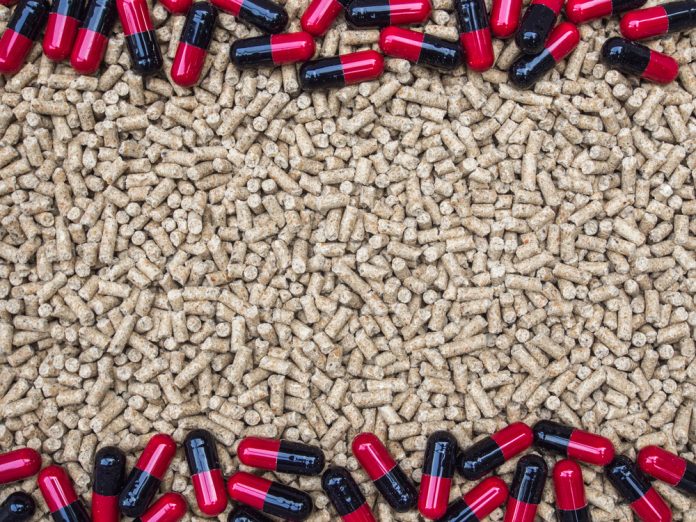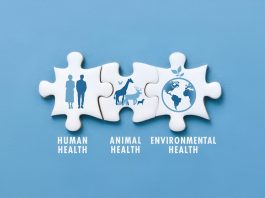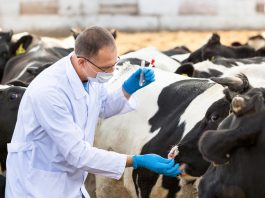Wales’ next steps in tackling antimicrobial resistance in animals have been unveiled, including £2m of funding and a new expert advisory group.
The Welsh government has published its final review of the 2019-2024 AMR in Animals and the Environment Implementation Plan.
Building on five years of progress, this is Wales’ first coordinated approach to addressing AMR in the food and farming industry and in wider society.
The next steps of the plan – over the next five years – will include a new Wales AMR Animal Health Group, established to provide expert guidance to farmers and vets.
Growing concerns of AMR in animals
Antimicrobial resistance in animals is an increasing concern that poses significant risks to both animal and human health. It occurs when bacteria, viruses, fungi, or parasites in animals become resistant to the drugs used to treat infections, often due to the overuse or misuse of antibiotics and other antimicrobial agents in veterinary medicine.
This resistance can develop through the routine use of antibiotics in food animals to promote growth, prevent disease, or treat infections. As resistant pathogens spread from animals to humans through direct contact, consumption of animal products, or environmental exposure, they can render certain treatments less effective, leading to more difficult-to-treat infections in both animals and humans.
Addressing AMR in animals requires improved stewardship of antibiotics, better infection control practices, and increased awareness about the implications of resistance across the food chain.
Facilitating the responsible use of antibiotics
The Animal Health group has recommended a new Animal AMR Control Plan for Wales (2025-2029), aligned with the UK national action plan for antimicrobial resistance.
To support the plans, the Welsh government has also awarded £2m of funding to the Arwain DGC consortium.
Arwain delivers AMR controls, and the new phase of the programme will allow Wales to continue addressing AMR and the responsible use of antibiotics.
Huw Irranca-Davies, Wales’ deputy first minister with responsibility for rural affairs, said: “This investment will support vital monitoring, training and engagement work to ensure antibiotics remain effective for future generations.”
The funding will support phase three of the Arwain programme, which will include several workstreams, such as continuing the Veterinary Prescribing Champions Network across 44 Welsh veterinary practices.
It will also continue collecting antimicrobial usage data from at least 4,500 Welsh farms, as well as monitoring AMR in cattle and sheep through on-farm sampling.
Challenges ahead for the Welsh farming industry
Wales’ chief veterinary officer, Richard Irvine, highlighted the scale of the challenge ahead for the Welsh farming industry and the economy as a whole.
“The effects of antimicrobial resistance continue to be disruptive and costly, not just to animal keepers and veterinarians, but for wider society,” he explained.
“Drug-resistant organisms pose direct risks to both people and animals and can spread through the environment, which is why our One Health approach – bringing together public health, animal health and the environment – is crucial.”





